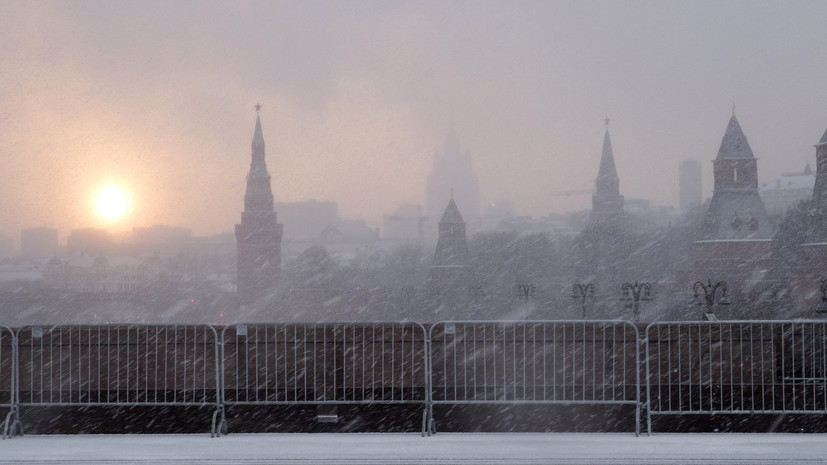Sunny weather finally returning after two weeks of misery - as relationship expert reveals unlikely side effect of brighter skies
Sunny weather is finally set to return to the British Isles after two weeks of misery - but brighter skies will have an unlikely side effect on couples.
Sunny weather is finally set to return to the British Isles after two weeks of misery - but brighter skies will have an unlikely side effect on couples.
Relationship therapist Lucy Beresford has revealed that sunnier skies will boost not only the general mood of the country, but their libidos too.
The sun finally coming out will make people smile and boost our mood, making us have more sex, with more people getting together, she told the Daily Star.
It comes after weeks of gloomy weather across the country due to anticyclone which has been blocking fronts bringing rain and resulting in an extended dry spell.
While such a setup in the summer months often leads to warm and sunny days with light winds, it can result in anticyclonic gloom in autumn and winter.

Sunny weather is finally set to return to the British Isles after two weeks of misery (Stock Image)

Sunnier skies will boost not only the general mood of the country, but their libidos too (Stock Image)
But the weather is set to change from next week, with the Met Office predicting a dry and bright spell in the south, clearing away the persistent foggy weather much of the UK has been experiencing.
Skies are set to clear from Sunday evening, with frost predicted in the north of the country. While the south may have some drizzle overnight, Monday is set to be a largely dry and bright day for many with plenty of sunny spells.
Meteorologist Ellie Glaisyer said: The anticyclonic gloom that weve seen over recent weeks does look like its moving away as we see another area of high pressure developing into next week, bringing some brighter skies.
Before we get there though, a weather front sinks its way south and eastwards, bringing some further outbreaks of rain and cloud before an area of high pressure redevelops into Monday and Tuesday, bringing us some much sunnier skies than weve seen over recent weeks.
However, the sunshine may be short lived, with the weather set to gradually become overcast again from Wednesday onwards.
The Met Office forecast for November 14 to November 23 reads: After a brighter start to the week than of late, likely turning cloudier again across many areas with a chance of some rain or showers at times, particularly in the north and east. Southwestern areas have the greatest chance of maintaining largely dry conditions.
Temperatures around average but with a greater chance of mild conditions in the northwest and below average temperatures in the southeast.

The gloom covering much of the country over the last fortnight is set to clear on Monday

Most of the country is predicted to have clear skies at the start of next week
During next weekend and into the following week, there are signs that the influence of high pressure will decline to the west. This means many regions are likely turn unsettled, with northern and eastern areas probably having the most frequent spells of rain and showers. This also increases the likelihood of a spell of northerly winds and colder conditions.
The sunny weather in the early part of next week will be welcomed by people who live with Seasonal Affective Disorder (SAD).
SAD also known as winter blues or winter depression, is thought to affect up to a third of British adults.
Although the condition remains not fully understood by scientists it is believed to be caused by serotonin imbalances and disruptions to the body clock are believed to contribute.
People living in Scotland, and North and South Wales are the most susceptible to SAD, according to research by York Test, which examined data from the Met Office to find the average number of sunlight hours per UK region during the Winter months.
The fourth most susceptible place for SAD was London followed by the South West in England ranking in fifth place.
Experts said London may rank so highly due to its increased anxiety levels, which are recorded at 64.4 per cent - the highest of all the regions - making it a more stressful place to live in general.








